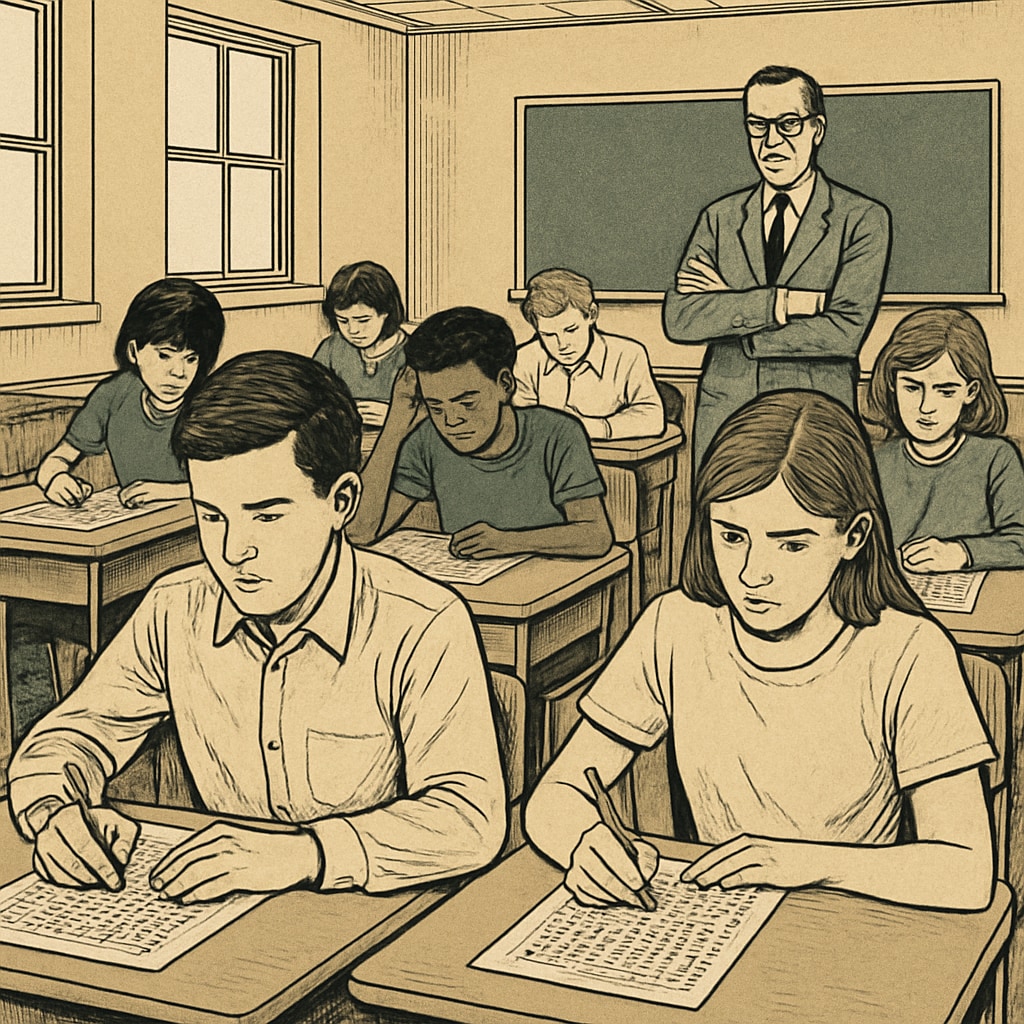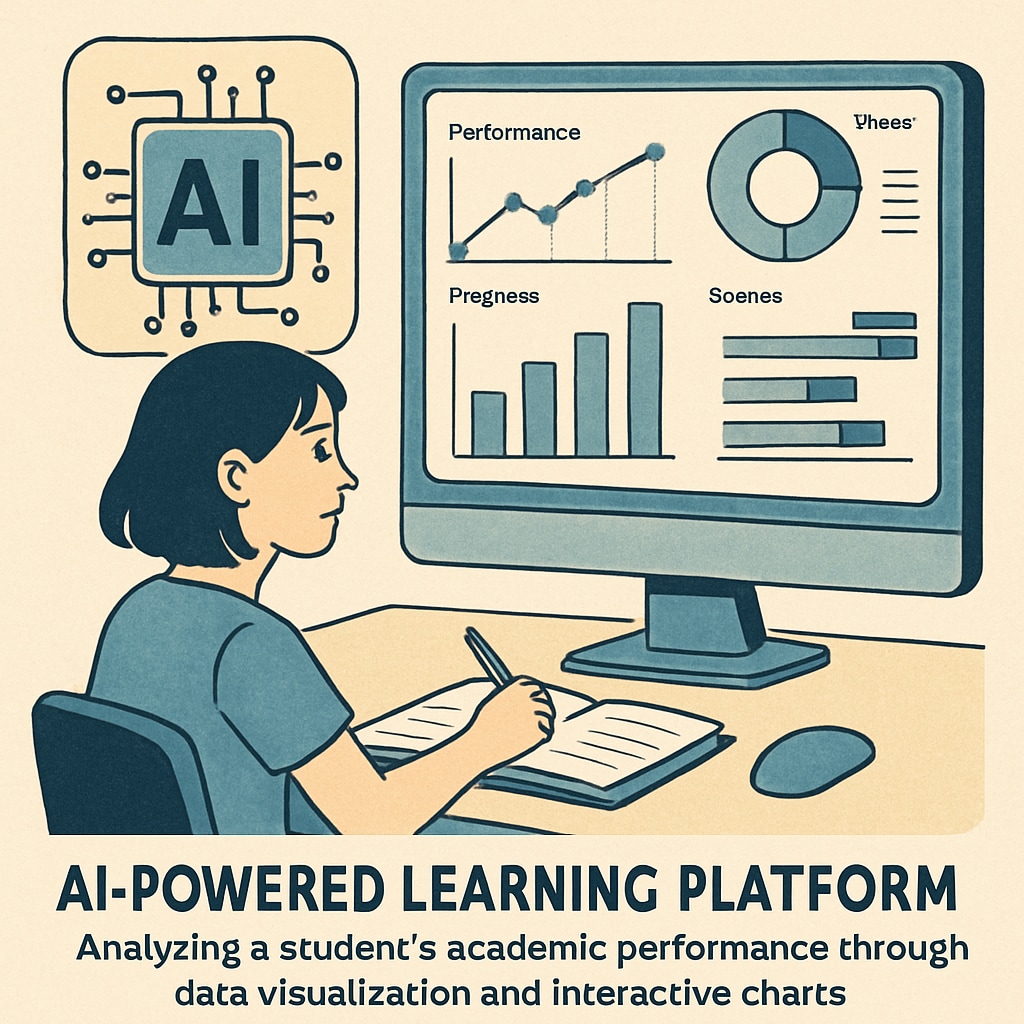As artificial intelligence (AI) transforms society at an unprecedented pace, traditional competitive exams face significant challenges in talent selection. Current evaluation systems, widely used in K-12 education, often fail to reflect the diverse abilities and potential of students. With AI’s potential to personalize learning and assess complex skills, it’s clear that reforming these systems is essential to better prepare the next generation for future demands.
The Current Limitations of Competitive Exams
Competitive exams have long been the cornerstone of education systems worldwide. While they aim to create a standardized framework for assessing students, these tests often prioritize rote memorization over critical thinking, creativity, and problem-solving skills. Unfortunately, such a narrow focus fails to capture the multifaceted talents required in today’s digital and AI-driven society.
Moreover, traditional exams are often criticized for fostering unnecessary stress among students and perpetuating inequality. For instance, students from privileged backgrounds may have access to better resources, such as private tutoring, giving them an unfair advantage. This raises the question: Are competitive exams truly identifying the most capable individuals, or are they rewarding those with access to more support?

AI as a Catalyst for Transforming Education
Artificial intelligence offers transformative solutions to the limitations of traditional exams. For example, adaptive learning systems can assess students’ strengths and weaknesses in real-time, providing personalized recommendations tailored to their unique learning styles. This approach not only enhances individual learning outcomes but also shifts the focus from rote memorization to deeper understanding and application of knowledge.
Additionally, AI-driven tools can evaluate complex, non-linear skills such as creativity, collaboration, and ethical reasoning. For instance, AI-powered simulations and role-playing assessments could measure how students approach real-world problems, offering a more comprehensive view of their capabilities. By leveraging these advancements, education systems can shift from a “one-size-fits-all” model to a more inclusive and dynamic evaluation framework.

Moving Toward a Multi-Dimensional Evaluation Framework
To better align with the demands of the AI era, education systems must adopt a multi-dimensional evaluation framework. This would involve combining traditional assessments with new methods that capture a broader range of skills. Key components of such a framework could include:
- Project-Based Assessments: Encouraging students to work on long-term projects that require research, innovation, and teamwork.
- Portfolio Reviews: Allowing students to showcase their achievements, including creative works, coding projects, or community initiatives.
- AI-Powered Simulations: Using technology to evaluate problem-solving and decision-making in dynamic scenarios.
- Peer and Self-Assessments: Fostering reflection and collaboration by integrating feedback from peers and students themselves.
Such a system would reduce the over-reliance on high-stakes exams and provide a more holistic view of a student’s potential. It would also encourage lifelong learning, a critical skill in a rapidly evolving world.
Challenges and the Road Ahead
While the integration of AI into education evaluation holds great promise, it is not without challenges. For one, ensuring equitable access to AI tools remains a significant hurdle, particularly in underserved regions. Policymakers and educators must work together to bridge the digital divide and ensure that all students benefit from these advancements.
Additionally, ethical considerations must be addressed. How do we ensure that AI-driven evaluations are unbiased and transparent? Establishing clear guidelines and involving diverse stakeholders in the development process will be crucial to building trust in these systems.
Despite these challenges, the potential benefits far outweigh the risks. By embracing AI’s capabilities, we can create an education system that not only identifies and nurtures talent but also prepares students to thrive in an AI-driven future.
Conclusion: The era of artificial intelligence demands a reevaluation of traditional competitive exams. By leveraging AI’s transformative potential, education systems can adopt more inclusive, dynamic, and personalized approaches to talent selection. The time to act is now—our students’ futures depend on it.
Readability guidance: This article maintains short paragraphs and clear subheadings to ensure readability. Lists and examples are used to summarize key points, and overuse of passive voice is avoided.


